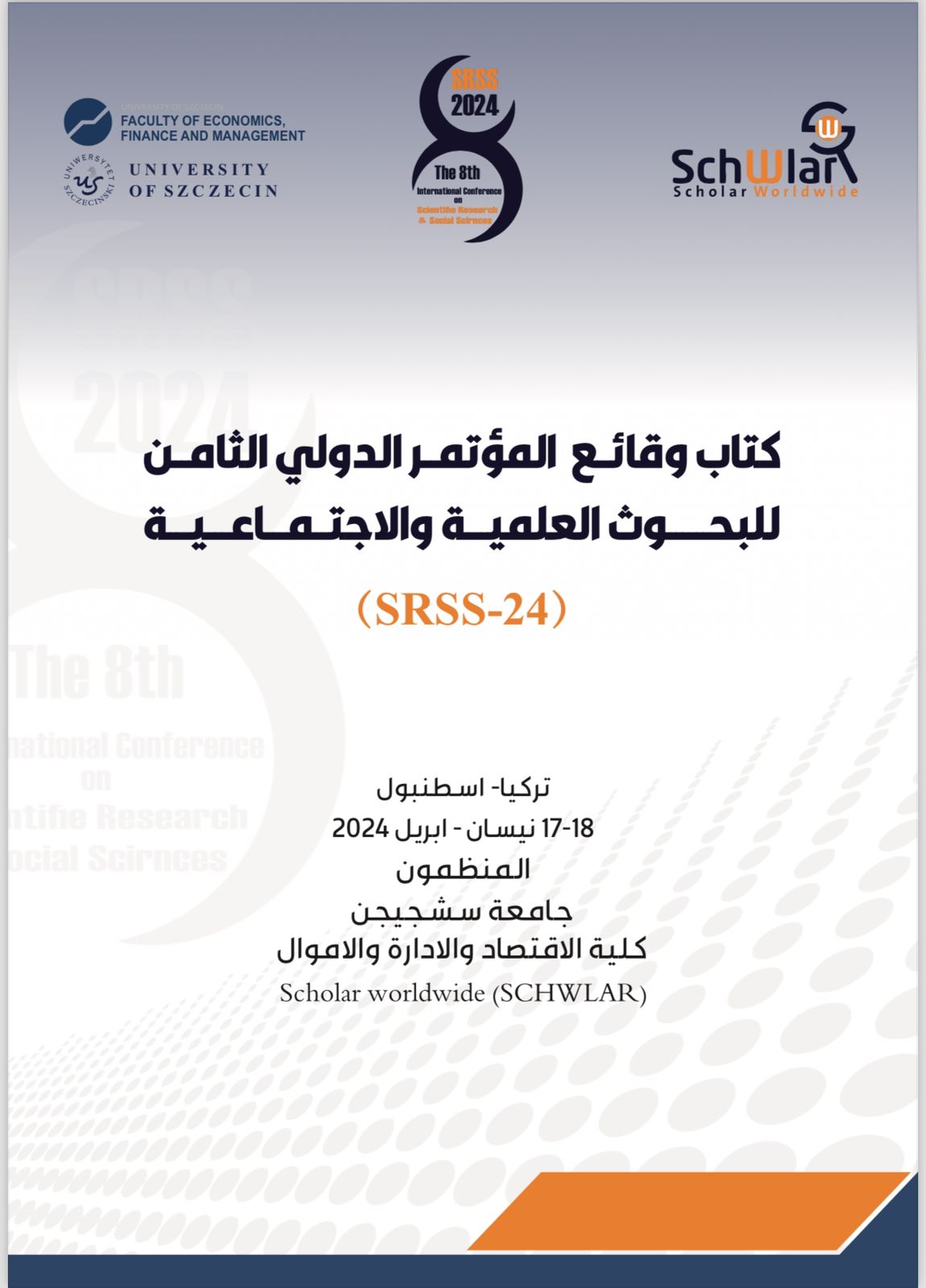The Effect of Using the Flipped Classroom Strategy in Teaching Mathematics on Developing Critical Thinking Skills Among Third Grade Female Students in Thi-Qar Governorate
Main Article Content
Abstract
This study aimed to investigate the effect of using the flipped classroom strategy in developing critical thinking skills among third-grade female students in mathematics. The sample consisted of two classes with a total of 65 female students who were randomly assigned to two groups: the experimental group consisting of 33 students taught using the flipped classroom strategy, and the control group consisting of 32 students taught using the traditional method. To achieve the study's objective, the Watson-Glaser Critical Thinking Test was used, consisting of 75 items divided into five sub-tests with 15 items each. The test's validity and reliability were confirmed. The study's results showed statistically significant differences (α ≤ 0.05) between the mean scores of the experimental and control groups in all dimensions and the total critical thinking test scores in favor of the experimental group. However, the flipped classroom strategy did not achieve a significant effect size (gain ratio ≥ 1.2) according to Black's equation in developing critical thinking skills among third-grade female students in Thi-Qar Governorate. The study recommends that mathematics teachers should employ the flipped classroom strategy in teaching mathematics.
Article Details

This work is licensed under a Creative Commons Attribution 4.0 International License.
